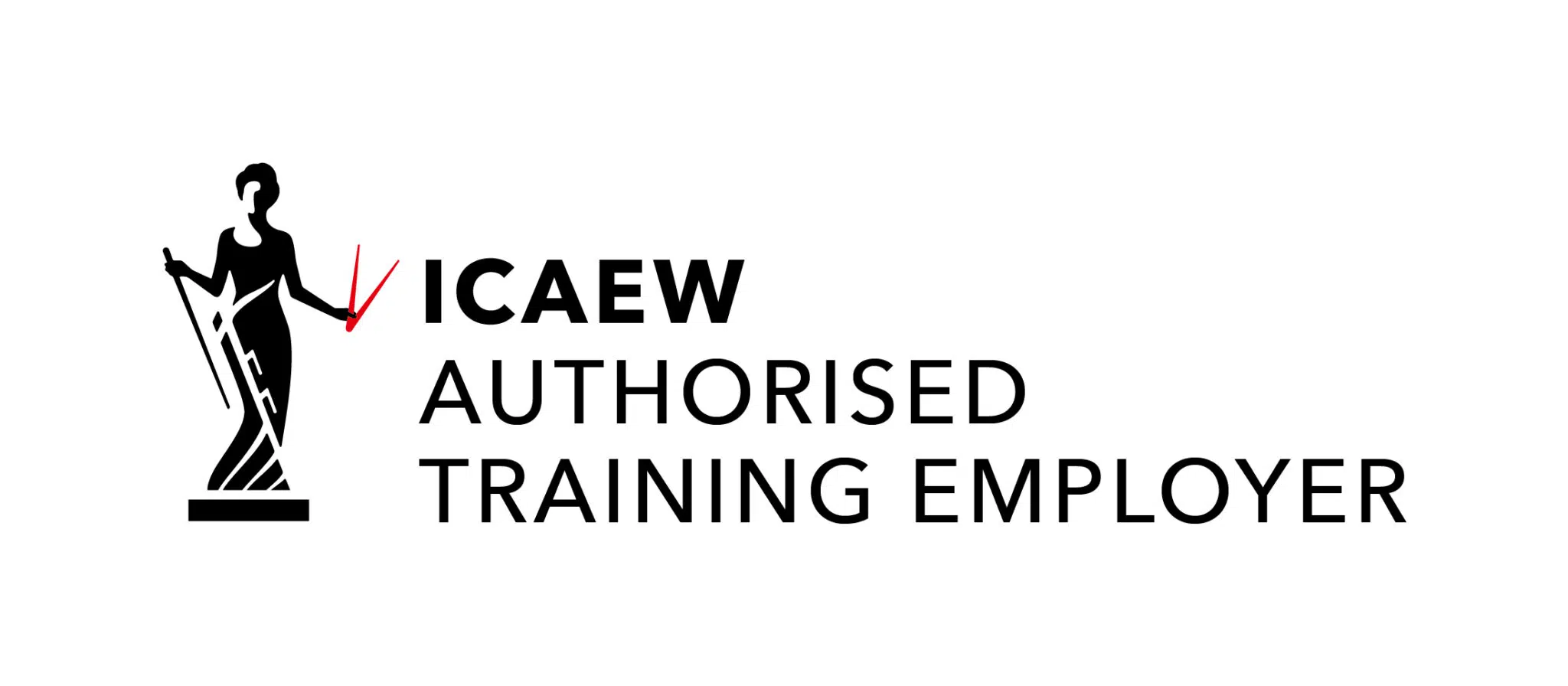Were capital losses deductible for income tax?
Published: 10th May 2024
Worthless investment
The case of Timothy Bunting and HMRC (2024) (B and HMRC) came about following a claim for income tax loss relief by B in respect of company shares that were worthless. The relief is subject to key conditions:
- the shares must be ordinary shares and have been subscribed for, i.e. issued by the company and not bought from someone else
- the company must have been a trading company
- the shares must have become of negligible value after they had been acquired.
Loan to shares
Originally, B funded the company with substantial loans. It traded reasonably successfully but after several years ran into severe financial trouble meaning that there was no real prospect of the company repaying B. He thought he could mitigate his losses by claiming income tax relief for them. To achieve this he swapped his loans for ordinary shares in the company and assumed because they would have negligible value he would be entitled to make a claim for income tax relief.
Already of negligible value
HMRC investigaterd B’s claim and eventually refused it. B accepted HMRC’s view that his claim for income tax relief wasn’t valid because the shares were already worthless when he acquired them. His claim therefore didn’t meet the final condition listed above. Trap. The final condition has a history of catching out investors and company owner managers who fund their company with loans and then swap them for shares. Only a reduction in the value of shares after they have been acquired can qualify for income tax loss relief.
A second claim
Having failed the first time B tried again, this time with a claim for capital losses in respect of the loan which B said was irrecoverable. The capital loss relief wouldn’t be anywhere near as valuable to him but it was better than no relief at all. HMRC refused this claim too. B appealed to the First-tier Tribunal (FTT).
HMRC’s argument at the FTT
Where a person lends a business money and the loan becomes irrecoverable, the lender can claim a capital loss (which can be used to reduce future capital gains). This was the basis of B’s claim. However, HMRC argued that B received full repayment of his loan in the form of ordinary shares in the company. The fact that they were worthless was irrelevant. B had accepted them in exchange for the loan. It seems unfair but reasonably logical.
FTT’s decision
The FTT took a different view to HMRC. The judges said that while the loan had been waived, this wasn’t the same as the debt being recovered. B received no value in return for waiving the loan so the whole amount remained outstanding and irrecoverable. Therefore, B was entitled to the capital loss relief he claimed.
The judgment might provide a chance for investors and company owner managers in a similar position to B to claim capital losses as an alternative to income tax loss relief. However, we must wait to see if HMRC appeals against this ruling.












